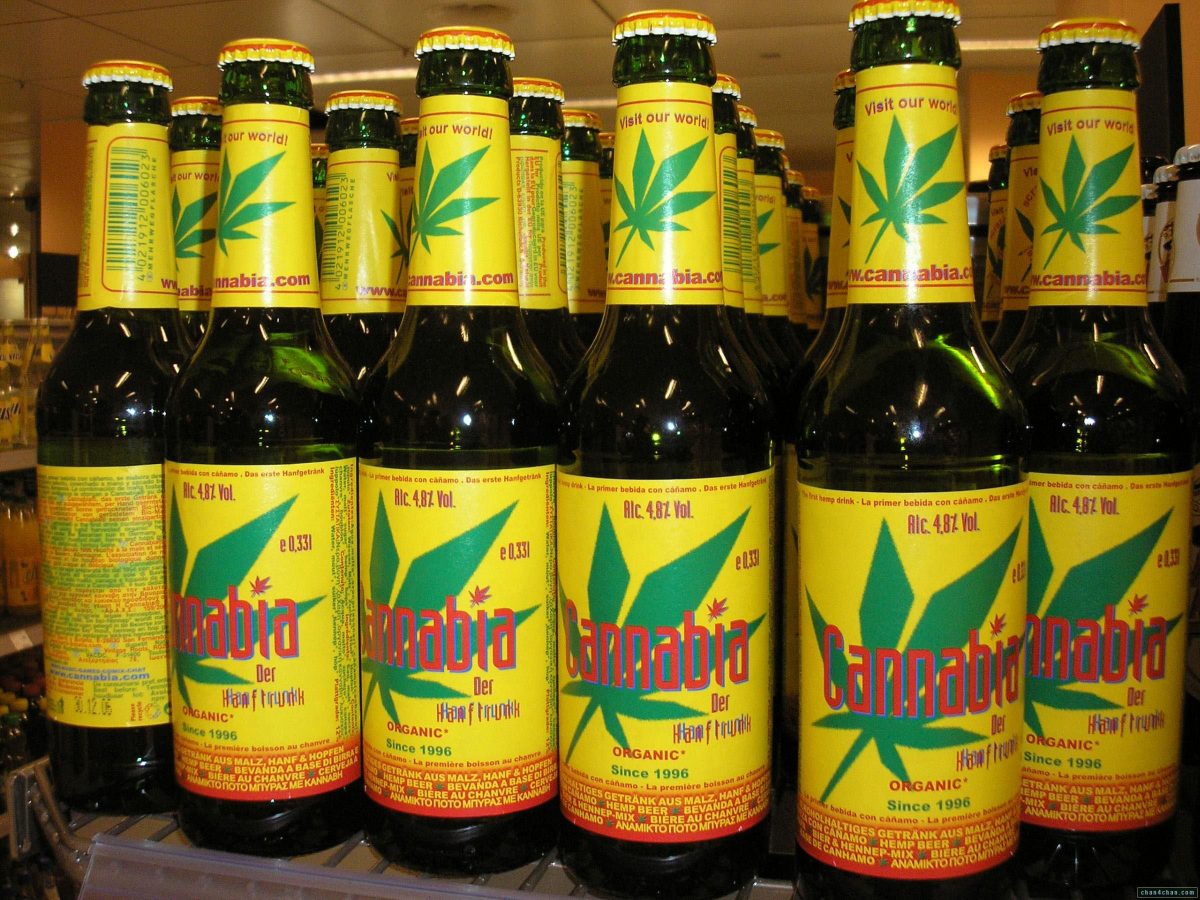Not too many years ago even the more open-minded Caribbean people might have baulked at the idea of marijuana becoming a mainstream product in both the medicinal and recreational industries never mind the popular ‘Legalize It” refrain of the internationally renowned and now deceased Jamaican reggae artiste Peter Tosh.
Fast forward to 2019 and the strides that marijuana has made towards legal and social acceptability have probably far exceeded Tosh’s expectations. Not only has marijuana been legalized in some of the most conservative societies, but in both the health and recreational sectors, enterprising businessmen have transformed the plant and its derivatives into a multi-million dollar industry.
Even now there is no sign that the creative minds that continue to probe the recreational – and by extension, economic potential – of marijuana are slowing down in their quest to ‘push the envelope’ so to speak.
Late last week it was being reported in various parts of the Caribbean that, Canterbury Group, a Cay-man Islands-based business enterprise has established a company named Jamaican Brew House and Hops the purpose of which is to manufacture and market cannabis-infused beer.
Stabroek Business has learnt through a report in last Saturday’s Jamaica Gleaner that the company was launched on October 15 last with registered addresses in the Cayman Islands and has devised a plan for the cultivation of cannabis in Jamaica for the manufacture of cannabidiol- and tetrahydrocannabinol- infused products – two natural compounds found in the cannabis plant.
The Gleaner quotes founder and CEO of the Canterbury Group Erin Winczura as saying that the company was “excited” to officially launch Jamaican Brew House, a circumstance which he said had arisen out of what the Canterbury Group saw as “a need in today’s marketplace to create a great-tasting and natural cannabis product that could be commercially distributed.”
The likelihood that the Jamaican authorities are prepared to support a commercial initiative designed to have consumers being ‘drunk’ on marijuana-laced beer is, for the moment at least, slim, if the official response to the idea in Kingston is anything to go by. In the wake of September’s incorporation of Jamaica Brew House with registered offices in Kingston the CARICOM member state’s Cannabis Licensing Authority, (CLA) is reportedly not particularly keen on the idea. In a statement seemingly intended as a pushback against the idea the Authority’s Director of Research, Development and Communications Felicia Bailey is quoted in the Gleaner as saying that it was her understanding that “the Ministry of Health and Wellness, at this time, does not support cannabis-infused food products.”
The concern here, according to the Gleaner report has to do with the allowable limit of five percent for tetrahydrocannabinol, or THC, content in products based on the potential negative public health effects that may arise. THC is said to be the main mind-altering ingredient found in the cannabis plant.
The Gleaner says that Jamaican Brew House’s cannabis beverages are expected to include both alcoholic and non-alcoholic beers, ciders and seltzers and the company is said to have begun testing the product mix and that it has plans to release cannabis-infused beers, ciders and seltzers through commercial distribution in Canada, Jamaica and other countries by early 2020.
Jamaican Brew House has reportedly not been issued with any licences from the CLA without which it cannot push ahead with its planned new products.
While Jamaica is evincing some measure of caution in embracing new marijuana-related products beyond those associated with the health industry, Canada is reportedly forging ahead with a “second wave” of cannabis legislation that will legalize the sale of edibles, beverages and extracts. Reports say that a number of new cannabis-related products are likely to appear on the market around mid-December, with licence holders for the sale of such products having already complied with regulations regarding their plans to give a 60-day notice of their plans to sell such products. The markets for edibles and what are described as “alternative cannabis products” is expected to be worth Can.$2.7 billion with gummies, cookies, brownies and chocolates expected to be high on the list of preferred edibles.
Canada, however, appears keen not to allow a free-for-all in the sale of marijuana-related products. Health Canada issued guidelines in June this year regarding the legal production and sale of edibles and cannabis extracts that set limits for THC at 10 mg. per package. The regulations also set labeling guidelines that require product packaging to specify THC and CBD (CANNABIDIOL) content and health warning messages. The regulations also require that the product not make health, dietary or cosmetic claims.
In response to indications that cannabis-related food products are likely to take the market by storm, cannabis companies are reportedly ramping up production in order to take advantage of emerging opportunities in the edibles market.






